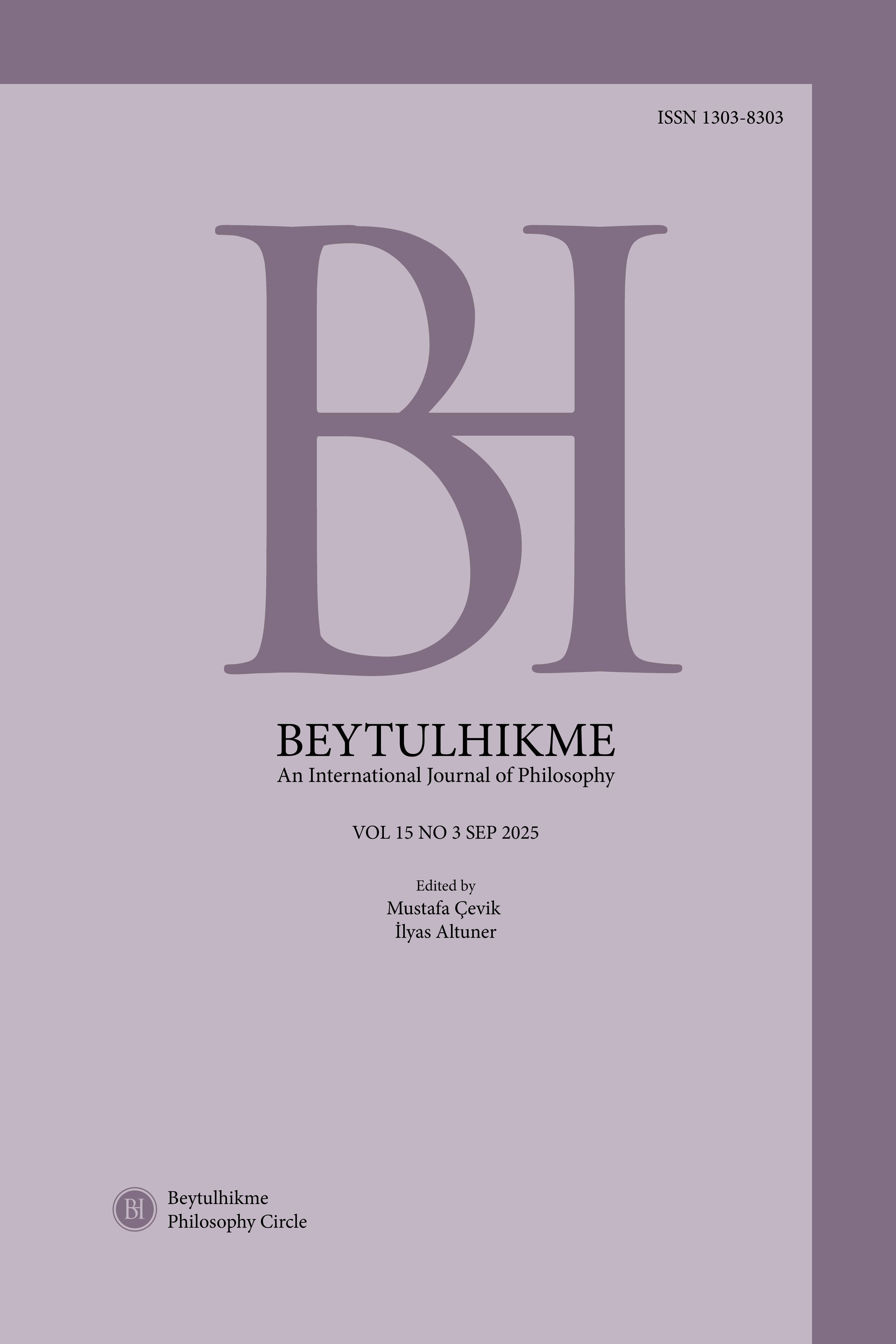Author :
Abstract
Heidegger’in beden söz konusu olduğunda Varlık ve Zaman’daki yaklaşımı çoğu zaman konunun önemine vakıf olmadığı yönünde eleştirilmiştir ancak onun bu tavrı bedeni hafife almaktan çok, aksine o sıralarda konunun derinliğine henüz erişemeyecek bir konumda bulunmasından kaynaklanır. Heidegger meseleyi daha sonra incelemek üzere bilinçli bir şekilde askıya alırken, bedene yalnızca uzamla ilişkisinde dolaylı bir şekilde yaklaşmakla yetinir. Otuz yıl sonra Zollikon Seminerleri’nde Heidegger bu kez probleme ilişkin özgün bir yaklaşım geliştirmek ister. Burada Heidegger mevcut beden kavrayışlarının ötesine geçmek amacıyla Varlık ve Zaman’da kullandığı terminolojiden de farklılaşarak kendi kavramsallaştırmasını gerçekleştirir ve “Leiben” kavramıyla bedenden “vücutlaştıran vücut” şeklinde söz eder. Böylece Heidegger vücudun vücutlaştırması ile salt maddi bir bedene sahip olmanın ontik boyutunu aşarak Dasein’ın bir vücut varlığı olmasının ontolojik önemine odaklanlanma olanağını keşfeder. Bu bağlamda vücut Dasein’ın temel boyutlarından biri haline gelir. Bu çalışma, vücudun Varlıkla ilişkisinde sahip olduğu ontolojik bağlamı ve vücudumuza ilişkin farkındalığımızın dünyayı kavrayışımıza etkisini ortaya koymayı hedeflemektedir.
Keywords
Abstract
When it comes to the body, Heidegger's approach in Being and Time has often been criticized for not being aware of the importance of the subject, but his attitude doesn’t stem from underestimating the concept of the body, but rather from being in a position which is not yet able to reach the depth of the subject at that time. While Heidegger consciously suspends the issue in this period to examine it later, he is content to approach the concept of the body only indirectly in its relationship with space. Thirty years later, in Zollikon Seminars, Heidegger wants to develop an original approach to the problem. Here, Heidegger makes his own conceptualization by differentiating from the terminology he used in Being and Time, in order to go beyond present body conceptions, and refers to the body as “bodying body” with the concept of “Leiben”. Thus, with the bodying of the body, Heidegger discovers the possibility of focusing on the ontological importance of Dasein’s being of a bodily entity by going beyond the ontic dimension of having a purely material body. In this context, the body becomes one the most fundamental dimension of Dasein. This study aims to reveal the ontological context of the body in its relationship with Being and how our awareness of our own body effects our understanding of the world.





